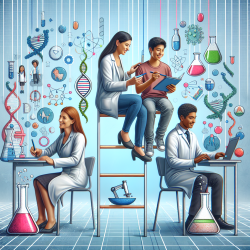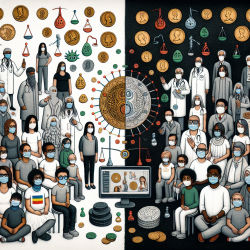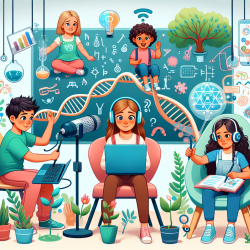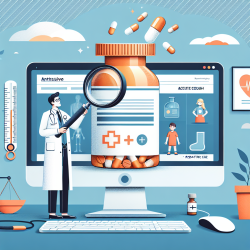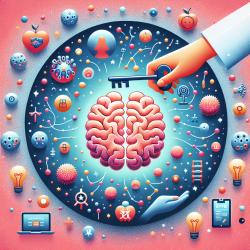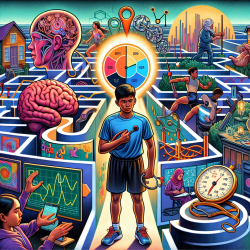At TinyEYE, we understand the importance of continuous professional development, especially for those in specialized fields like online therapy services. Today, we delve into a fascinating research article titled The Next Generation Scientist program: capacity-building for future scientific leaders in low- and middle-income countries. This study offers valuable insights that can help practitioners improve their skills and encourage further research.
The Next Generation Scientist (NGS) program, a collaborative effort by public, academic, and private partners, aims to address the disparity in the number of biomedical and clinical researchers in low- and middle-income countries (LMICs). By providing a structured learning curriculum and bespoke research activities, the program has shown significant success in knowledge and skills transfer. Here’s how you can apply these outcomes to enhance your professional practice.
Implementing Research Outcomes in Your Practice
One of the key takeaways from the NGS program is the importance of tailored professional development. Here are some steps to implement this in your practice:
- Structured Learning: Develop a structured learning curriculum that addresses specific needs within your practice. This could include workshops, online courses, or seminars on relevant topics.
- Bespoke Research Activities: Engage in research activities that are tailored to your interests and the needs of your clients. This will not only enhance your skills but also ensure that your learnings are applicable within your practice.
- Networking and Mentorship: Establish a network of mentors and peers who can provide guidance and support. The NGS program showed that mutual learning and mentorship are crucial for professional growth.
Encouraging Further Research
Encouraging further research is another crucial aspect highlighted by the NGS program. Here’s how you can foster a research-friendly environment:
- Research Projects: Initiate research projects that address specific challenges in your field. Collaborate with local institutions or global stakeholders to gain diverse perspectives.
- Continuous Evaluation: Regularly evaluate the impact of your research and professional development activities. Use surveys and feedback to assess progress and make necessary adjustments.
- Dissemination of Findings: Share your research findings through publications, conferences, and social media. This will not only enhance your professional reputation but also contribute to the broader knowledge base.
Success Stories and Lessons Learned
The NGS program has seen numerous success stories, with over 140 scientists and clinicians from 25 countries participating over a 7-year period. The program’s impact includes the completion of post-graduate qualifications, the establishment of good laboratory practices, and the development of professional networks. These outcomes demonstrate the effectiveness of a well-structured, immersive mentorship program.
In conclusion, the NGS program provides a valuable model for capacity-building and professional development. By implementing structured learning, engaging in tailored research activities, and fostering a research-friendly environment, practitioners can significantly enhance their skills and contribute to their field. To read the original research paper, please follow this link: The Next Generation Scientist program: capacity-building for future scientific leaders in low- and middle-income countries.
